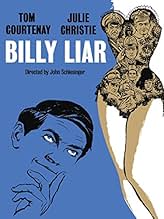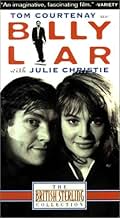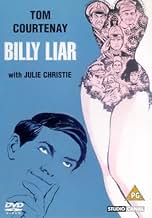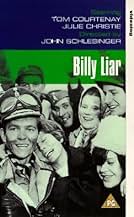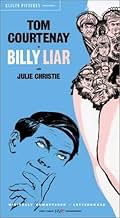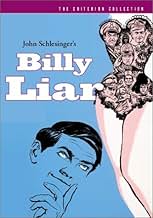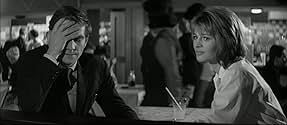Tragi-comic misadventures of a young man who invents a fantasy world as cover for his troubles and dreary middle-class existence in sixties Yorkshire.
Billy Liar was always a terrific film, but like so many of its kitchen-sink contemporaries (Saturday Night and Sunday Morning, A Kind of Loving) it has actually grown in substance and depth since its release. Part of the reason is the extensive use of on-location filming all these movies utilised: a post-war industrial landscape long since lost and therefore all the more vivid in its posterity. But where Billy Liar gets a bigger march on its predecessors - whether by intent or accident - is that it captures this landscape on the cusp of the swinging sixties, when architecture, culture, leisure and morality were all rapidly changing. In doing so it heralds many of the themes and issues that were to dominate western culture for the remainder of the 20th Century: pop culture, advertising, media obsession, celebrity, race relations and fantasy lifestyles.
Billy seemed an endearing but essentially lost soul in his day; an immature weakling unable to face up to the realities and responsibilities of adulthood. But looked at from the hindsight of 40 years he now seems symptomatic of what is today regarded as normal, almost aspirational, behaviour: self-absorption; avoidance of responsibility; glorification of celebrity; escape culture.
Whether director John Schelsinger and writers Keith Waterhouse and Willis Hall foresaw all the cultural and sociological changes they captured is something only they would know (they surely couldn't have seen the significance of casting Julie Christie - one of the ultimate swinging sixties icons). Whatever the case, what makes Billy Liar such a fascinating film is the casual, uncritical and unselfconscious way its many themes are observed. Its lack of preachiness or self-righteousness help keep it a fresh and funny entertainment that can be enjoyed at that level. Its historical importance as a perfect snapshot of a country at a time of rapid and fundamental change is nothing less than priceless.


